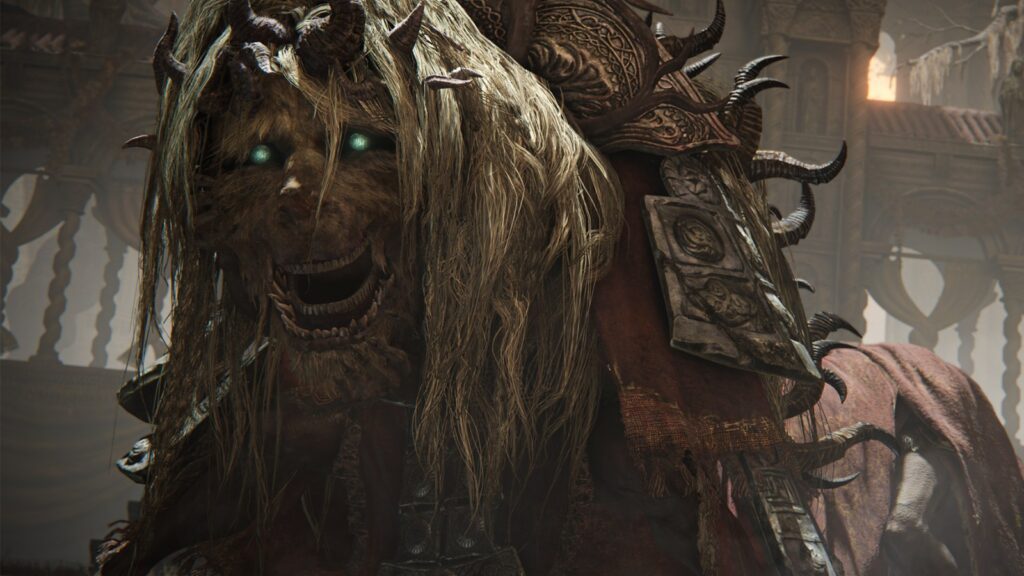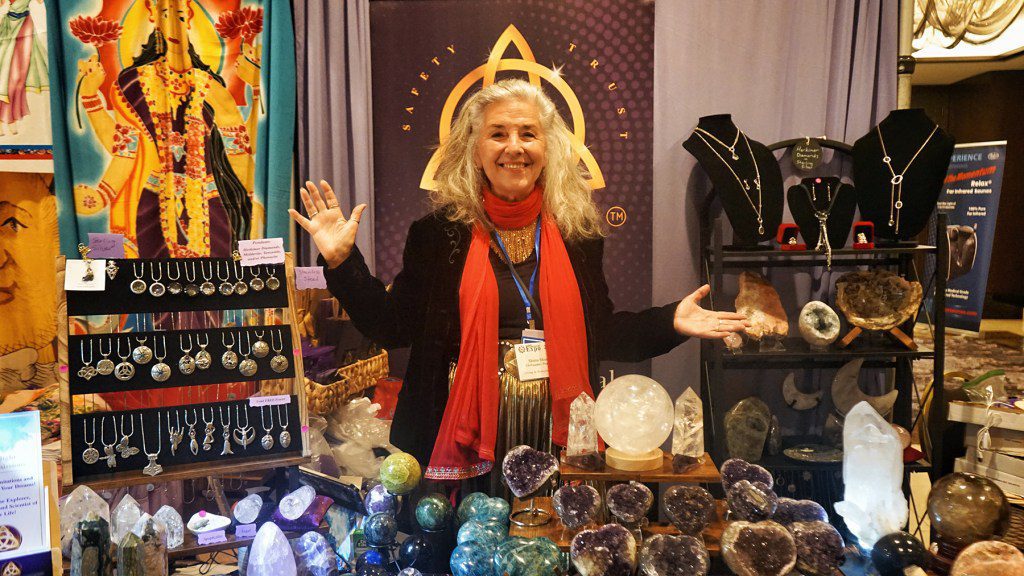In ‘Elden Ring: Shadow of the Erdtree,’ the Greatest Villain Is Toxic Positivity
Elden Ring‘s new Shadow of the Erdtree expansion is occasionally — like the rest of the sublime open-world fantasy game — mind-bendingly difficult. Since the DLC released on June 21, seasoned players have been finding themselves flat on their backs in front of some mouth-breathing wizard, covered in their own blood, too weak to react to the final blow. So, instead, they’ve been complaining about the developer FromSoftware in a series of harsh Steam reviews and Reddit screeds. The outrage has been great, and often unfair. For 13 years, the Dark Souls creator has been synonymous with the words “too hard.” They’re not the villains here. Evil, in Shadow of the Erdtree, is more covert.
Descending into shadow, abandoning all his love, soft-spoken Miquella the Kind is a baby-faced monster. He’s sly about his evil. Like a spider waiting for the right one, the Elden Ring demigod crafts a pretty web for his victims in Shadow of the Erdtree. He massages followers’ minds until they’re free of anything other than artificial hope, and in that way, he’s not so different from a modern peddler of “toxic positivity.”
Shadow of the Erdtree‘s luscious Land of Shadow — with its regal churches and randomly strewn greatswords — is several universes away from having buzzwords, so I’ll explain. Toxic positivity, as per the Anxiety and Depression Association of America, refers broadly to an “unproductive and unhelpful” adherence to good vibes only. That can look like different things; some of it is well-meaning, like your friends after you got laid off, promising that your finances would sort of work themselves out.
On other occasions, all-or-nothing positivity functions more like a cowpoke to get you to be more agreeable. Picture your manager insisting you should be grateful for the unpaid overtime. Or a fanboy thanking Elon Musk for his Cybertruck’s faulty brakes. Or an overly cheery TikTok dancer, beaming directives toward the back of your skull: banish bad energy, embrace satisfaction, don’t look at the carnage that proves it’s unearned.
Miquella, like a smirking oil baron, mollifies anyone who gets in his way with this calculated indifference. You’ll find the same type of frivolousness in Shell commercials depicting their CEOs planting blushing red cyclamen in the garden, or in Shein influencers‘ reminders to be “open-minded” about a company full of worker exploitation allegations. This positivity wants you to be docile, so that you’ll buy something. In Miquella’s case, he wants you to buy his dream.
Miquella — born feeble, with thin wrists — would like to become a god. He’s lost faith in the Golden Order, his theocratic mother Queen Marika’s guiding principle, which couldn’t protect his twin sister Malenia from her wasting disease, Scarlet Rot. In Shadow of the Erdtree, we learn that, to put his heritage behind him and start fresh, Miquella has extricated himself of his limiting flesh (in addition to other inconveniences, like his doubt, fear, and heart).
He wants to create a new religion, one that the Sacred Crown Helm item description suggests might benefit “the low and the meek,” creeping creatures like him and his sister, who rot, languish, and lie. But, having abandoned his golden strength, Miquella needs to be calculated when recruiting his soldiers. So he oozes sweetness, like an orange with its skin torn off.
This is true before you even start Shadow of the Erdtree. You enter the game by poking a shriveled hand on Miquella’s rejected body. Before you do, the non-playable character Needle Knight Leda coolly says that, “like you, I was guided by faith along [Kindly Miquella’s] honorable path.” Her assessment is presumptuous, but accurate.
Elden Ring players have been eager to meet Miquella because, for two years, he’d been a seemingly compassionate background player. Developer FromSoftware tantalizes you with certain details — solemn mentions of his name, and the dried-out husk of his flesh, which his half-brother Mohg keeps on a throne made from cobwebbed pelvic bone.
It seemed unfair that Miquella should be left out of the action; item descriptions, like that of Miquella’s Needle, presented the man as a protector, a champion of small, easily impressionable weaklings. It was heartening. People dedicated Reddit threads to Miquella, hoping that he’s as good as he’s supposed to be — a freckle of light to brighten Elden Ring‘s charcoal cynicism.
For some characters, Miquella does represent hope. The NPC Hornsent, who complains of Marika betraying his race, tells you “I believe Miquella’s apologies, when he says our delivery will come.”
But salvation is contingent on your loyalty to Miquella’s benevolence.
“I urge you, follow after Miquella,” the Hornsent says. “As long as you abide by his footfalls, you will be no enemy to me.” Good vibes only! Or die.
Later, in key boss fights, Shadow of the Erdtree reveals that Miquella’s dictatorial positivity is a supernatural force. During the Needle Knight Leda fight, Miquella seems to compel even the gregarious salesman Moore, who treats you like a best friend, to throw noxious pots of Rot at you. During his own fight, Miquella can literally steal your heart with sweet nothings.
“I promise you,” he says, pulling you close to his lips, “a thousand year voyage guided by compassion.” If he grabs you again, you sink onto one knee like a besotted man in Vegas. Then you die.
It’s too bad. Miquella seems worth getting to know, otherwise. His calculated charm makes him a unique FromSoftware villain. Most of the developer’s monsters are obvious — gummy skeletons, snakes that vomit poison, rancorous kings who seem encrusted in the yellow bile of their soul.
But Miquella is a snow angel, with long braids that curl and soothe the eye like ocean water. His pale moon face is an empty plate for you to picture his perfect world. But this world denies the truth: genuine peace means accepting the good and the inconceivably bad. That’s what makes Miquella’s positivity so enticing, and so dangerous.





